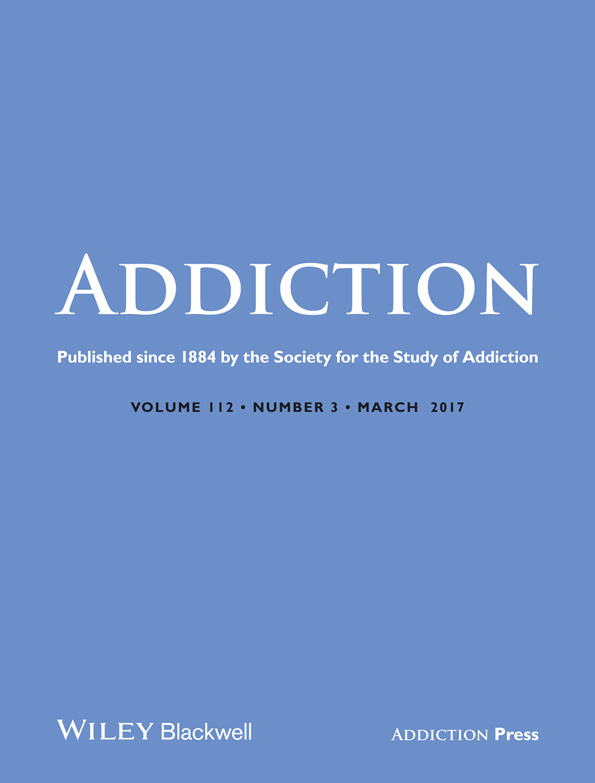From consensus to action: time to incorporate social context into laboratory studies of smoking
Abstract
All three commentators expressed agreement that social contextual factors play a key role in the acquisition and maintenance of a smoking habit, and that laboratory smoking research would do well to incorporate social processes into experimental paradigms. Here we argue that such consensus should stimulate research that includes social context.
In our paper we observed that smoking is almost always studied in the laboratory as if it occurs in an interpersonal vacuum. We concluded that understanding of smoking will remain incomplete if investigators continue to rely entirely upon laboratory research conducted while individuals participate in isolation 1. It was both striking and heartening to us to find unanimity among the commentators in their support of our position 2-4. They also identified a number of areas where they believe social psychological factors can play a role in understanding smoking. In particular, we call attention to Dr Harakeh's remarks, which identify a host of important experimental research questions related to processes underlying social influence 3 and to Dr Gebhardt's comments regarding the importance of social-identification processes 4.
As noted both in our paper and in the commentaries, there is a wealth of non-experimental research drawn from both behavioral science and public health perspectives that illustrates the value of incorporating social context into our investigations of smoking. We believe that such research ought to inform the experimental research, and in reciprocal fashion we believe that laboratory studies provide the tight control and multi-modal dynamic assessment needed to evaluate mediator and moderator variables instrumental for developing and refining models of smoking and craving. There also appears to be consensus that an emphasis on social factors can be integrated profitably with current neurobiological and pharmacological methods to offer a comprehensive approach to the study of smoking.
Taken together, the commentaries reinforce our claim that research is indicated to examine smoking across multiple social contexts and at different stages of smoking, ranging from initiation to relapse. Similar arguments can be made for the study of cigarette/nicotine craving 5. In our laboratory, we are beginning to examine smoking and cigarette craving experiences in a variety of social settings, including interactions among non-romantic friends (smoking buddies) and intimate partners. We also agree with Dr Harakeh's suggestion to examine interactions via social media related to smoking 3 and Dr Graham's recommendation to evaluate effects across different levels of socio-economic status 2.
This effort to introduce social contextual factors into laboratory smoking studies will benefit from the contributions of social psychologists. Rather than superficially modifying existing experimental paradigms to accommodate an extra participant or two, new research designs and assessments that recognize the social or group nature of the experience will be needed. Moreover, working with multiple participants simultaneously can be unwieldy and will probably require larger samples than are used typically to account for group interdependence. We hope this collection of papers and commentaries helps to move forward this effort.
Declaration of interests
None.




